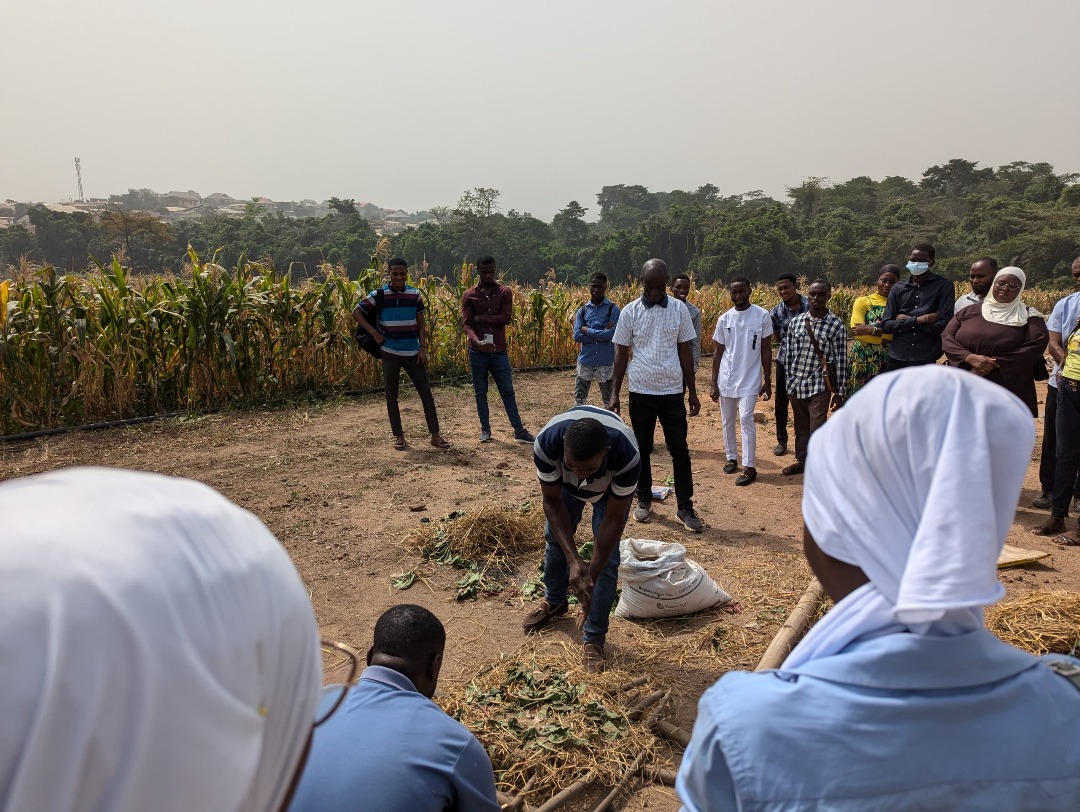Young People in Agriculture and Environmental Sciences receive training on Agroecology and Circular Economy
In an effort to transition from conventional agriculture to agroecology, over 500 hundred young people within the agriculture and environmental science space converged from different communities in Ghana for a hands-on training on Agroecology and Circular Economy on December, 24, 2024 at CSIR- Crops Research Institute in Kumasi.
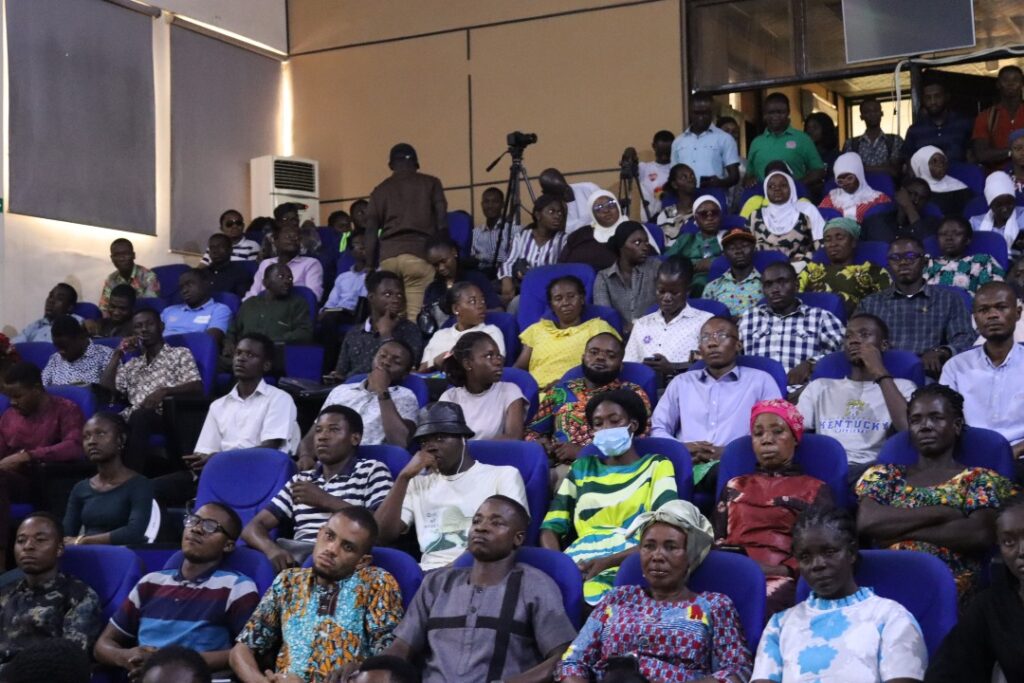
The CSIR-Crops Research Institute-led Agroecology and Circular Economy for Ecosystem Services (ACE4ES) project training workshop was organized with Peasant Farmers Association of Ghana with sponsorship from the Climate and Clean Air Coalition (CCAC) of United Nation Environmental Programme (UNEP).
The ACE4ES project is an initiative aimed at promoting sustainable agricultural practices to mitigate Short-Lived Climate Pollutants (SLCPs) and enhance Ecosystem Services. The project also seeks to address environmental, social and economic challenges associated with conventional farming methods.
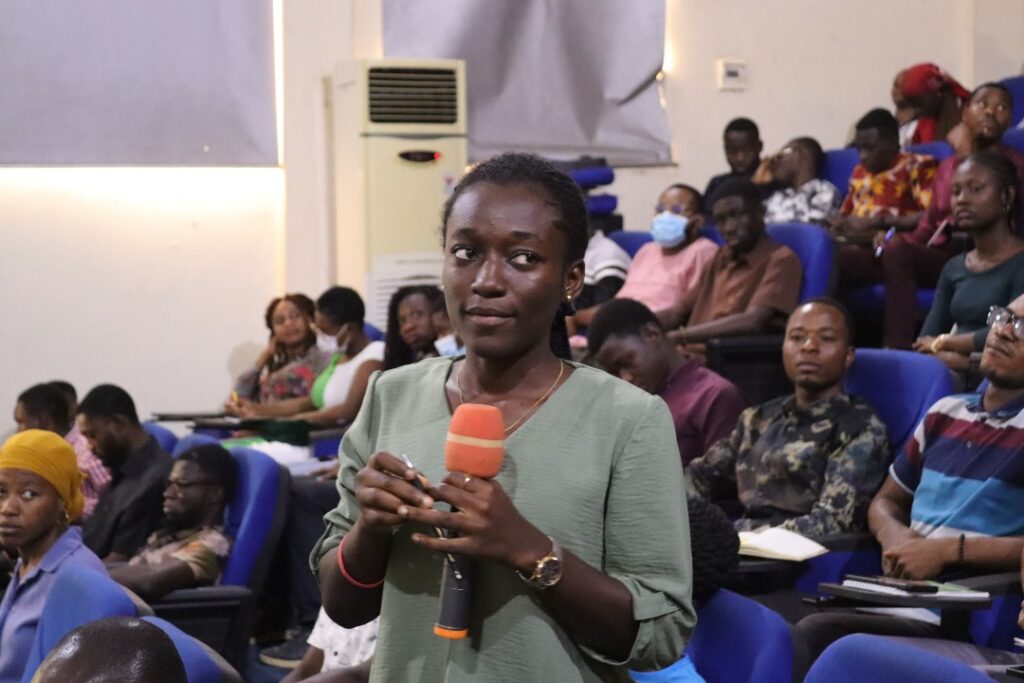
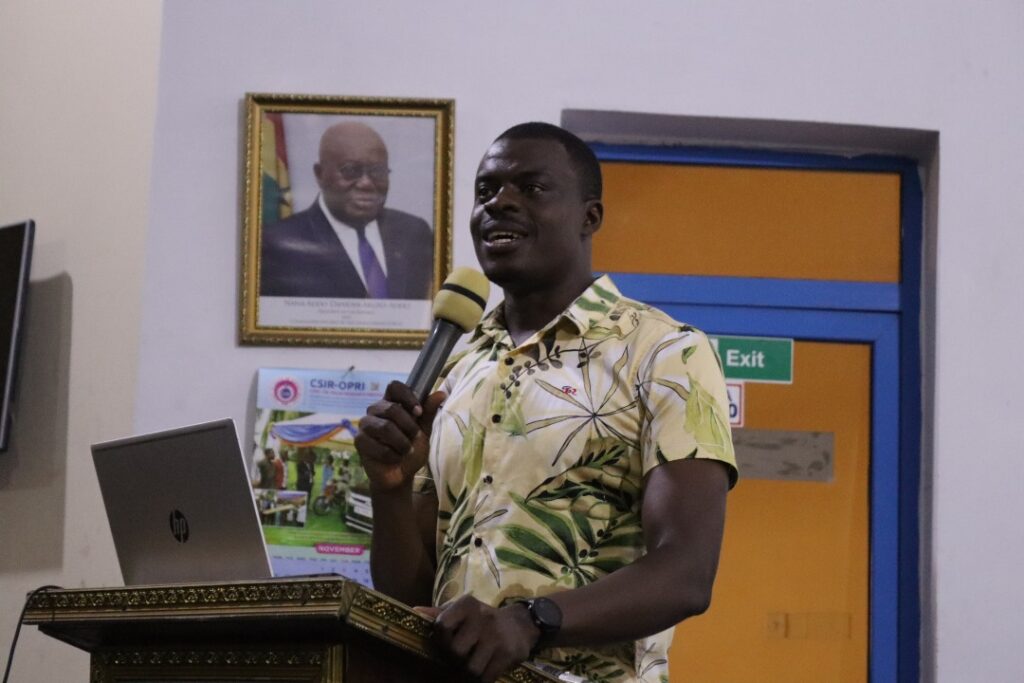
Dr. Kwaku Onwona-Hwesofour Asante, the principal lead of the ACE4ES project and a Research Scientist at CSIR-Crops Research Institute, took the participants through Agroecology and Circular Economy principles.
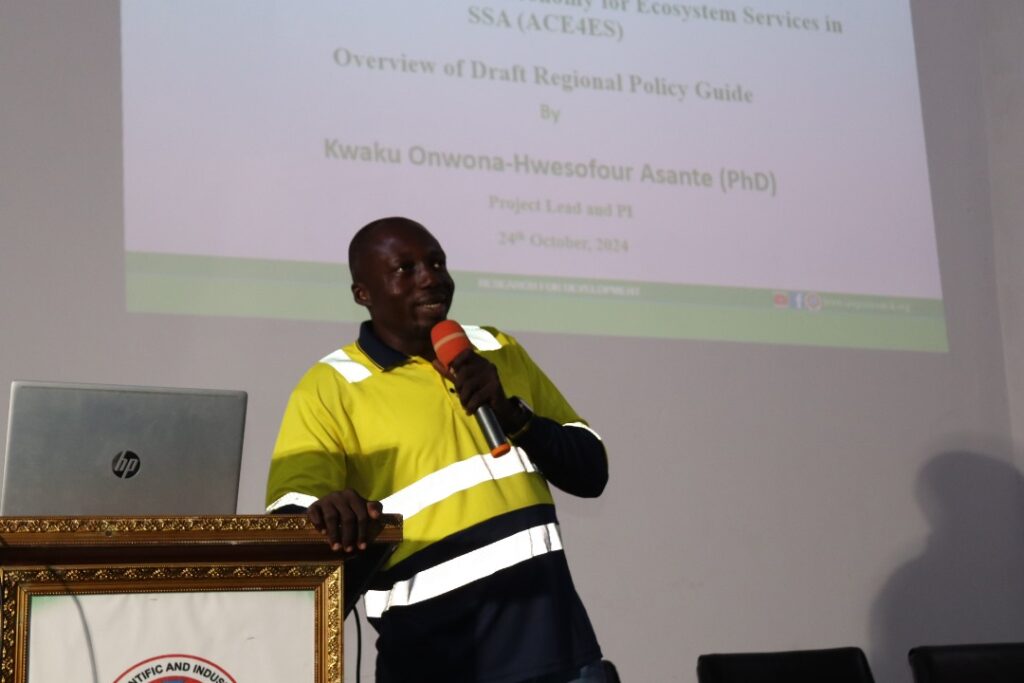
He expressed concern about conventional agriculture where our lands are degraded due to burning and pesticides use which has not been healthy for the environment and for human consumption.
Dr. Kwaku Asante indicated that the training workshop would empower young people who wanted to venture into Agriculture and environmental protection on the importance of transitioning from conventional agriculture to agroecology in order to protect the environment.
He revealed that, data available shows that about 60 percent of Africa’s land resources are degraded and crop pollinators declining due to the use of pesticides containing neonicotinoids and other harmful active ingredients by farmers. “It will get to a point where there will be no pollinators to transfer the pollen grains, hence no food to eat”, Dr. Kwaku Asante added.
He stressed on the need to protect the ecosystems, the biodiversity and pollinators that would be killed by these pesticides to promote agriculture productivity, improve health and support our ecosystem services.
In his remarks the Acting Director of CSIR-Crops Research Institute, Dr. Ernest Baafi stated that the Institute mission is to do research into agriculture to improve livelihood and ensure food security.
He urged the participants to put emphasis on the business aspect of agriculture and to spread the message of the lesson learnt during the training workshop to protect the environment from degradation.
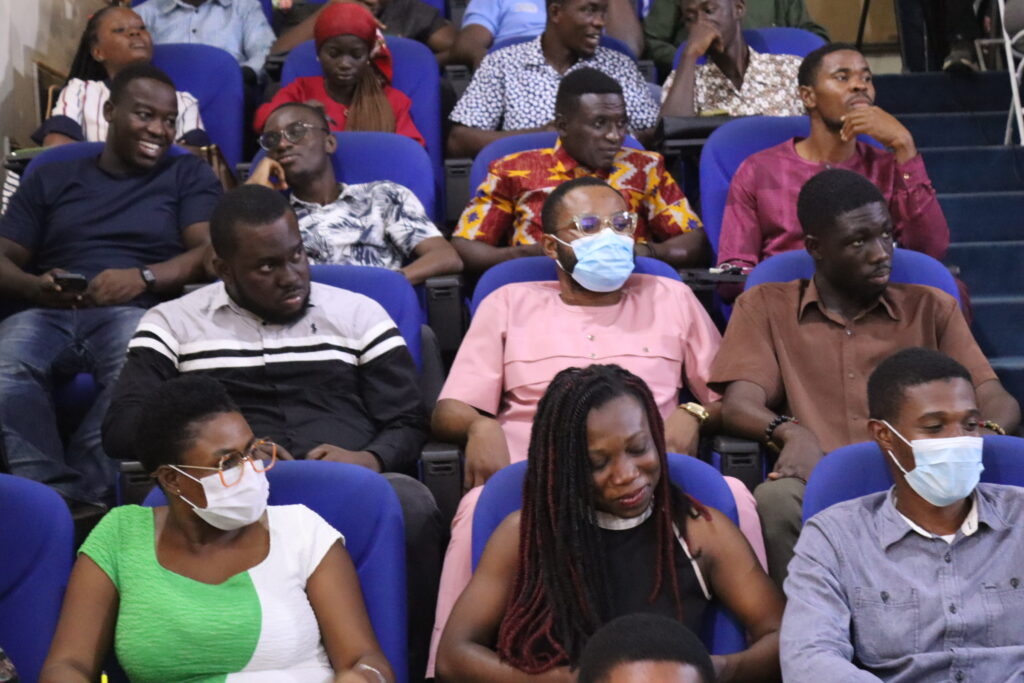
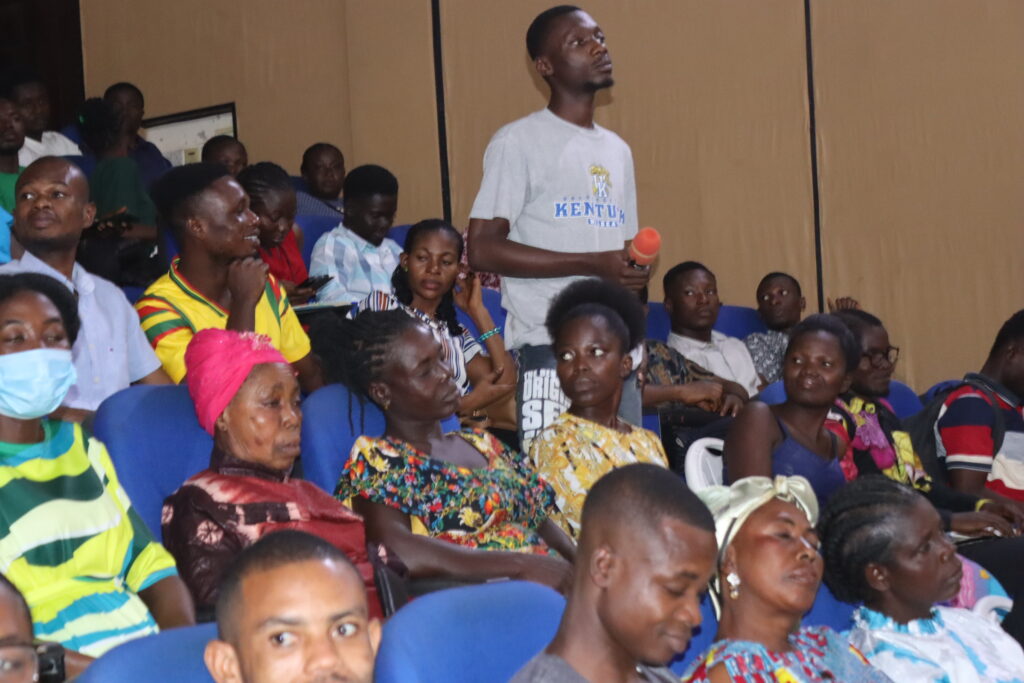
The training session was facilitated by experts in agroecology, climate-smart agriculture, and integrated pest management. Practical demonstrations were facilitated by Dr. Clement Oppong Peprah and Dr. Joseph Adomako. The facilitators took the participants through sustainable rice production, liquid fertilizer production, organic pesticide preparation, and how to prepare compost, with the aim of reducing agriculture-associated emissions from black carbon through agriculture burning and from methane through rice production.
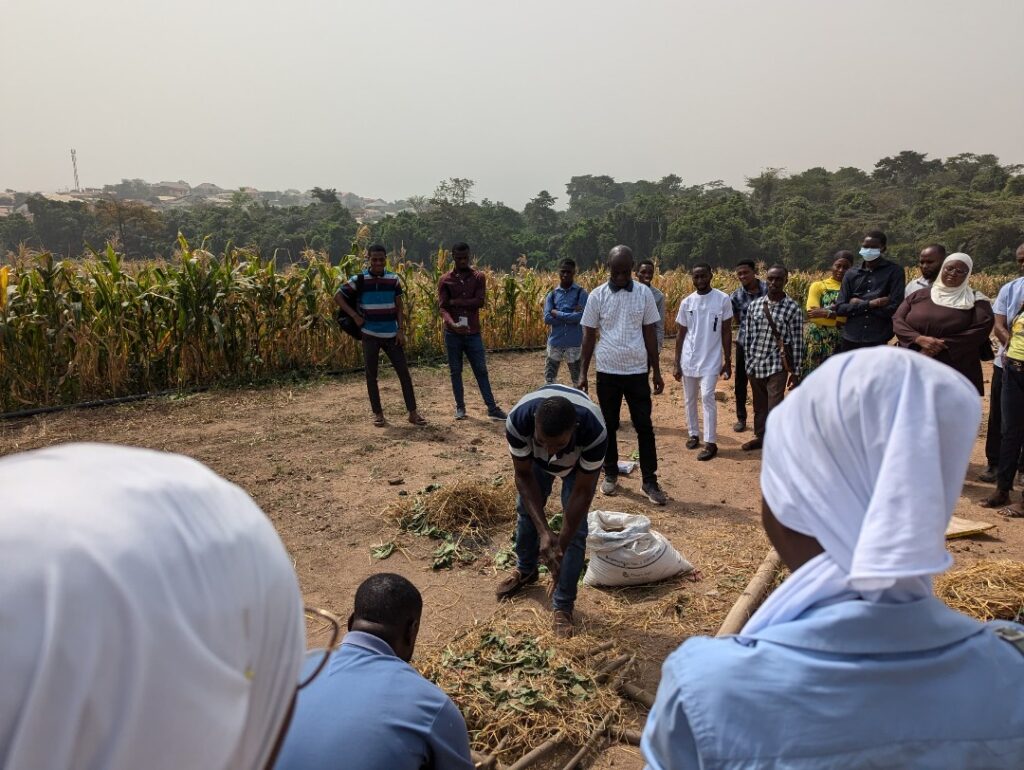
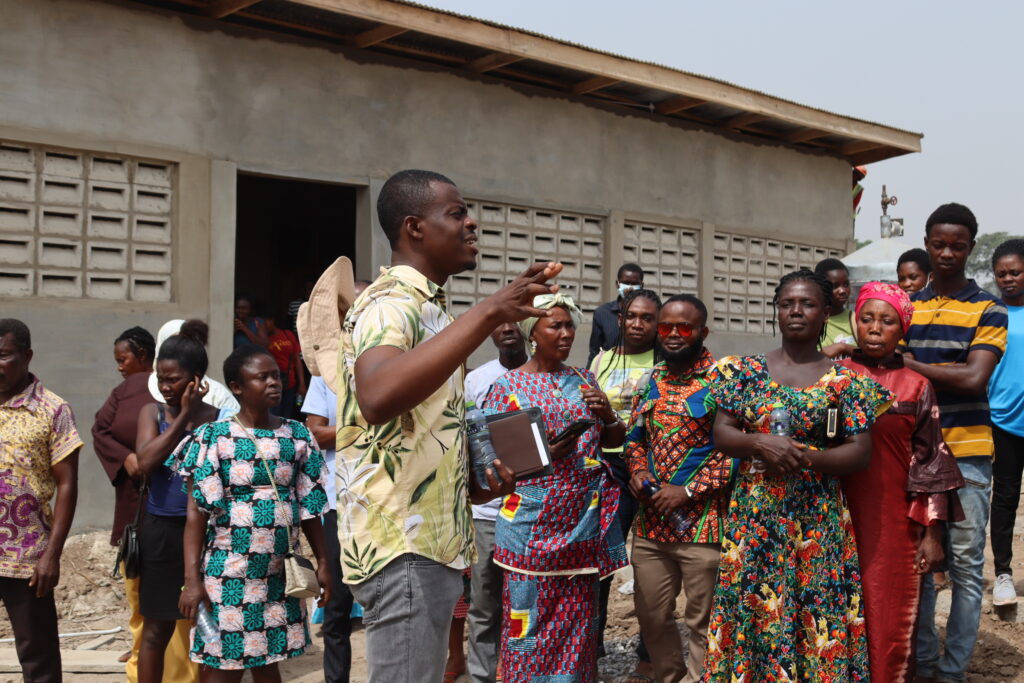
Author: Linda Agyeman, Enoch Bobie Agyemang

